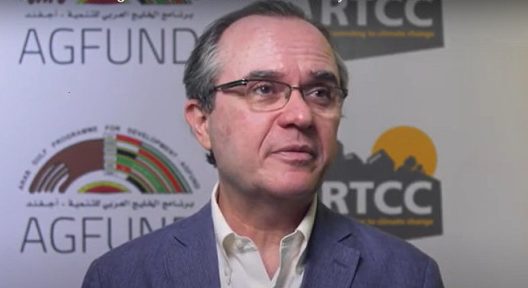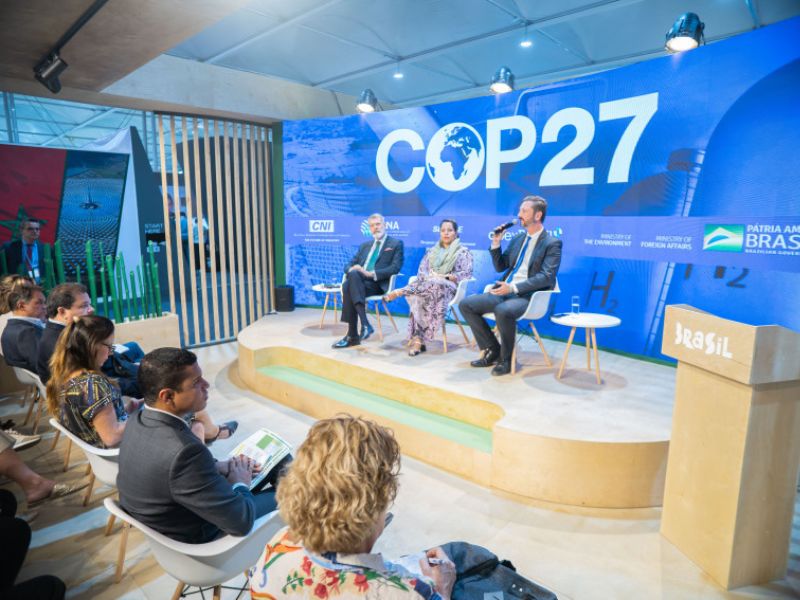O Brazil has a set of opportunities in the current period of energy transition which is unique and which will enable the country to explore and export this knowledge to the world.
What was it said Julio Meneghini, scientific director of RCGI (Research Center for Innovation in Greenhouse Gases), at COP-27, during the panel “Energy Transition: What does it mean for Brazil”.
“The use of different local solutions that will eventually be exported will allow us to limit ourselves to an increase of 1.5 °C in relation to the emissions of the Industrial Revolution”, he guaranteed.
The professional referred to the Paris Agreement, which gained strong worldwide mobilization and which aims to limit global warming to a maximum of 2°C by the end of this century, aiming for carbon neutrality in 2050. Meneghini highlighted even though the integration of different renewable sources should be the main Brazilian challenge in the decarbonization process.
“We have enormous potential in terms of wind energy generation offshore, which, together with the pre-salt and the ability to store carbon in salt caves in the pre-salt itself and in the reservoirs, makes Brazil the eventual leader in this area”, he commented.

During the event, Meneghini also highlighted that the RCGI will have the first green methanol pilot plant at the end of next year. “We will also have the first plant to produce hydrogen from ethanol”, he highlighted.
According to him, with this plant, hydrogen could have a smaller CO2 emissions footprint than hydrogen produced with electricity from wind and solar energy, when considering the life cycle of ethanol production and using technology of carbon capture and storage.
The plant, located in USP (University of São Paulo), is being built in partnership with the companies Shell, Raízen, Hytron, in addition to Senai Cimatec. From the end of June, the plant will produce up to 5 kg of hydrogen per hour, which will be used to power three fuel cell buses at the university.
















